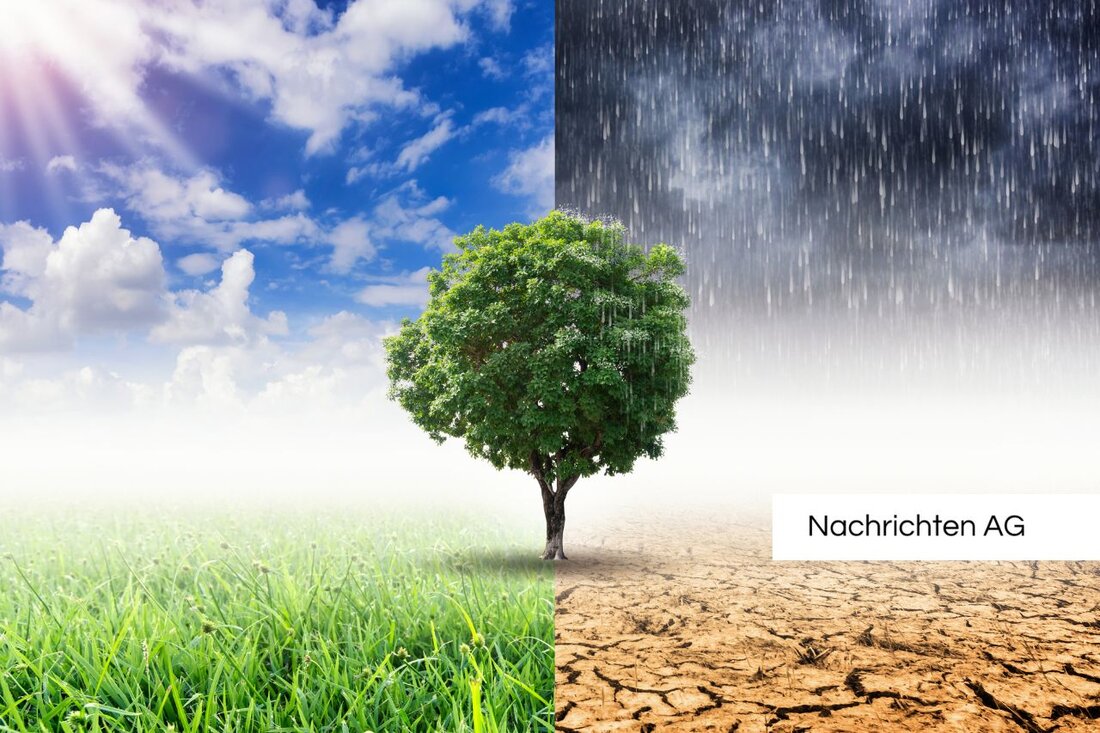Bathing in an environmentally conscious way: How to protect waters and nature!
Bathing in an environmentally conscious way: How to protect waters and nature!
On hot summer days, you often seek refreshment in the water. But bathing in waters has an impact on the environment, which are often not perceived. According to OTS , urine, wastewater and fertilizer can bring nutrients into the water. These nutrients favor algae growth and damage the water. This is particularly problematic in small or clear waters, where small entries can be critical. Once damaged waters take a long time to recover.
In order to protect the environment when bathing, some rules of conduct are recommended. So you should definitely make sure not to feed water birds with bread, as this also inserts nutrients into the water. In order to maximize the positive influence on nature, it is advisable that sunscreens and insect sprays should move in well before bathing. Many products contain chemical substances that can be harmful to water organisms. For example, octocrylene in sunscreen can influence the hormone system of animals, while icaridin in mosquito repellents acts harmful to amphibian.
Influence of human activities on water
dr. Markus Venohr, a water ecologist, emphasizes the meaning of easier rules to protect nature. This also includes not throwing the garbage and cigarette butterfly into the water, as they can have a negative impact on water quality and release harmful substances. In addition, crossing reed areas is problematic because they offer habitats for water birds and could endanger their stocks. Reed stocks in European lakes have been declining since the 1950s, which also gives rise to concern.
The challenges for water ecology are complex. The climate change, as in the report of the State Institute for the Environment (LFU) , the environmental conditions change significantly. An increase in the water temperature and changed precipitation distributions influence the water chemistry and drainage. Charmits in waters have to adapt - cold -sensitive species such as the brown trout give way into cooler waters, while heat -loving species such as carp fish benefit and spread.
preventive measures and recommendations
Especially in times of heat waves, fish are particularly stressed and more susceptible to diseases due to the temperature rise. Since low water becomes more common in waters, there is a risk that small streams dry out and valuable habitats will be lost. In order to reduce the pressure on water, it is fundamental to reduce nutrient entries and to improve the ecological framework.
The recommended measures in leisure activities in the water also include avoiding underwater noise. Shipping and other means of transport interfere with water creatures and their habitats. In addition, options for shading the rivers should be sought to lower the water temperatures.
Overall, sustainable swimming is possible if you adhere to simple rules. The easy consideration of these behaviors can help to protect the environment in the best possible way in the event of activities in the water and to protect the waters sustainably.
| Details | |
|---|---|
| Ort | Deutschland |
| Quellen | |


Kommentare (0)